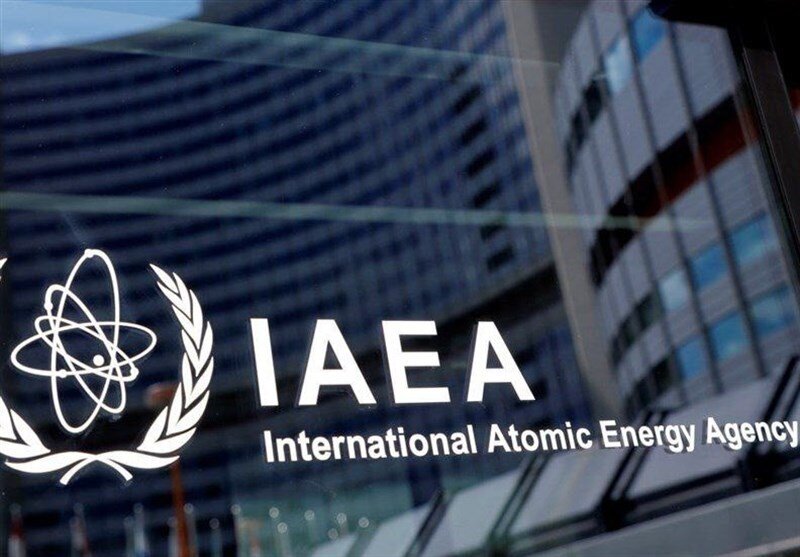IAEA chief urges Iran's cooperation amid alleged concerns

TEHRAN -The Director General of the International Atomic Energy Agency (IAEA) has urged increased cooperation of Iran with the agency, despite the country’s full commitment to the issue.
Speaking to the German news agency Deutsche Welle, Rafael Grossi expressed concern about Iran’s alleged increasing enriched uranium stockpile. However, he clarified that this does not imply Iran currently possesses or intends to acquire nuclear weapons.
Expressing apprehension about uranium enrichment nearing weapons-grade levels, Grossi stressed that developing a functional nuclear warhead requires more than just enriched uranium.
He also voiced uncertainty regarding Iran's intentions, highlighting Iran's assertions that the uranium enrichment is primarily for medical or non-military purposes.
These statements by Grossi align with Iran's repeated claims of maintaining a peaceful program and renouncing any interest in nuclear weapons.
In response, Nasser Kanaani, spokesperson for the Iranian Ministry of Foreign Affairs, reiterated Iran's position, affirming that nuclear weapons have no place in Iran's doctrine.
Previously, Mohammad Eslami, head of the Atomic Energy Organization of Iran, criticized the disproportionate scrutiny of Iran's facilities relative to other nations. Eslami reiterated on Wednesday that Iarn is still committed to a memorandum of understanding reached with the IAEA earlier this year that outlines the way the country should comply with the agency’s general directives and rules, including the Non-Proliferation Treaty (NPT) and its safeguards agreements.
Grossi also denounced any notion of attacking Iran's nuclear facilities, emphasizing the grave risks associated with nuclear weapons.
He expressed support for dialogue between Iran and the United States, stressing the importance of clarifying various issues.
Grossi also announced plans to visit Iran soon to foster enhanced cooperation with the agency.
The alleged concerns continue to rise up despite Iran’s cooperation with the agency.
Back in May 2018, the then-president of the U.S. Donald Trump unilaterally pulled the country out of the 2015 Iran deal, officially known as the Joint Comprehensive Plan of Action (JCPOA), and initiated the so-called ‘maximum pressure campaign’ against Tehran despite its full compliance with the pact. Consequently, Washington's European allies, including France, Germany, and the United Kingdom, aligned with the sanctions by curtailing their trade activities with Iran.
The subsequent Vienna talks, initiated in April 2021 with Britain, France, Germany, Russia, and China, aimed at reinstating the JCPOA. Iran, firm in its stance, insisted on the verifiable removal of all U.S. sanctions and sought guarantees against a future abandonment of the agreement by Washington.
However, discussions hit a standstill in August 2022, primarily due to Washington's unwavering position of not lifting all the sanctions imposed on Tehran by the previous U.S. administration.
